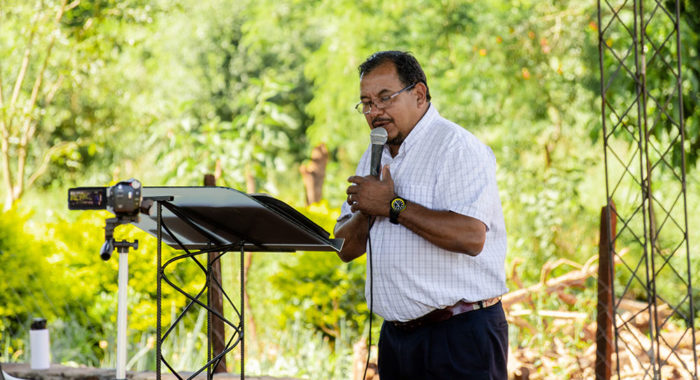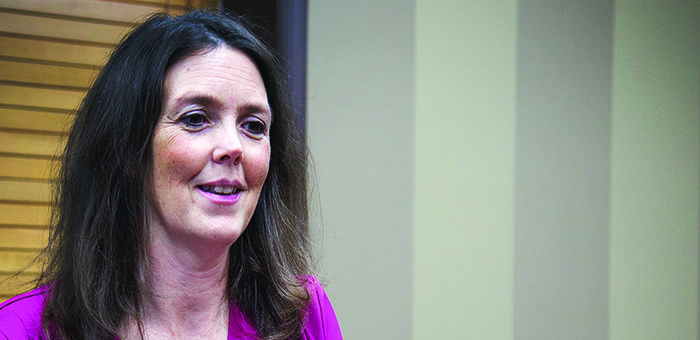
Seventy-six percent of evangelical leaders vary their tip based on service. Many noted that they give more than their usual amount for outstanding service. Some who decrease their tip for poor service clarified that they always give some kind of tip, while others tend to give more when the service in poor.
Leith Anderson, president of the National Association of Evangelicals (NAE), said, “When service is poor I often tip more. My heart goes out to servers struggling with life issues that bubble over at work. I want to help.”
Terri Traudt, a senior communications professional, worked as a server through much of her high school and college career. “I have a great appreciation for the position and understand how challenging it can be. Many ‘poor service’ issues are out of the control of the server,” she said.
Several evangelical leaders noted that their tipping increased after they or their children became restaurant servers, in part due to the low hourly wage of tipped employees. Only seven states require employers to pay tipped employees full state minimum wage. Other states have lower minimums for tipped employees with some states only requiring employers to pay workers the federal tipped minimum wage, $2.13 per hour.
Many evangelical leaders tip with mission in mind. Jay Barnes, president of Bethel University, said, “I don’t want my prayer before meals to be noticed and then to tip poorly.”
“Tipping is an opportunity to minister,” said Jim Tolle, pastor of El Camino Metro Church in Los Angeles. “It has nothing to do with service. Since life is difficult for so many — especially in the food service industry — I try to be as generous as I am able to be.”
The Evangelical Leaders Survey is a monthly poll of the Board of Directors of the National Association of Evangelicals. They include the CEOs of denominations and representatives of a broad array of evangelical organizations including missions, universities, publishers and churches.



 View All Surveys
View All Surveys 

















